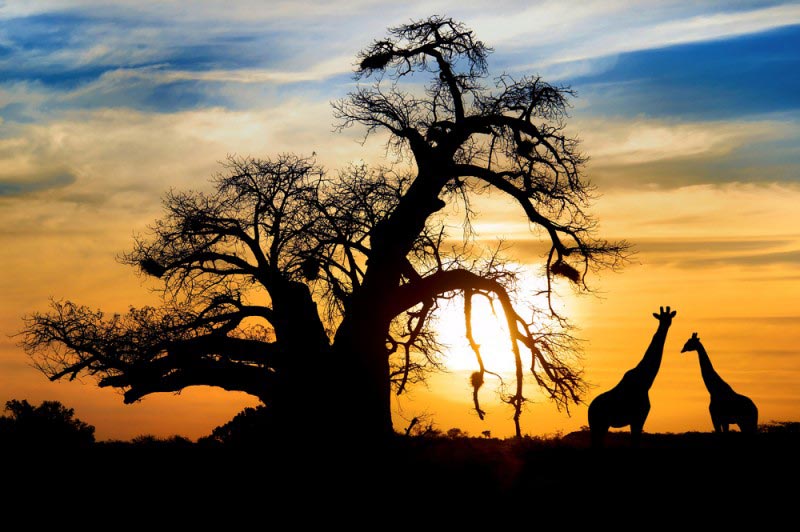South Africa is an amazing and diverse country that is fascinating in every way. Tourists love it because of amazing history, and adventurers because of beautiful nature that leaves you breathless. It is also one of the most developed countries in Africa, and a country that is full of opposites.
And that is exactly what makes it so beautiful!
However, South Africa is much more, and a country that is unusual in many ways. Here you can find out 5 facts about South Africa that you probably didn’t know before!
- South Africa has the Best Constitution in the World
Did you know that South Africa has even higher standards when it comes to children’s rights than United Nations? Instead of focusing on what is forbidden, South African Constitution is focused on what has to be ensured so that citizens live a respectful life: food, water, health care, education, housing, social security…
It is considered that South African Constitution is the best one ever made, and some legal practitioners even consider that it should be used as a blueprint for every constitution in the world. Considering that South Africa was divided by Apartheid less than 30 years ago, this fact is worth your admiring.
- It has the Best Surgeons in the World
South Africa is known as a country where innovations in the field of medicine take an important place. It was South African surgeon Dr. Christiaan Barnard who performed the first heart transplant in 1967. Today, this surgery is being done all over the world, but at that time Barnard did the impossible. But Dr. Barnard not only did the first heart transplant but also invented several other procedures that are involving around organ transplantation, brain death and donor organ preservation.
Also, South African doctors were the first who successfully performed penis replacement surgery.
- South Africans Are Avid Traders
If you involve in a conversation with a local, don’t be surprised if stocks trading, forex trading or binary options pop up as a topic of conversation. South Africans love to trade online and are one of the biggest trading markets in the world. Even though they are far from big investors like those on Wall Street, they are very focused on home trading. They prefer online trading from the comfort of their home and spend a lot of time studying different strategies. Even when they trade with amounts as small as $5, they get pretty excited and treat it very seriously.
Just like in other countries, people comment on current events, South Africans discuss latest events in financial markets. Don’t hesitate to join, as you might learn something new on your vacation!
- South Africa is Cradle of Humankind
Ever Wondered where do we all come from? The researchers say – South Africa, so don’t be surprised if you feel like you are at home!
According to archaeologists, in South Africa were found the oldest hominid remains. They are scattered around 5 different locations and are over 2.5 million years old. Besides bones, there is also a lot of remains of their tools and everyday objects which helps scientist reconstruct the way they lived. These findings highly influenced by our perception and knowledge of the history of humankind. Talking about distant relatives, huh?
- South Africa has 11 official languages
Yes, you read it right! South Africa has, believe it or not, 11 official languages, and yes, they all have the same status. The most popular language, that is spoken by 22.7% citizens Zulu, but don’t worry. Before you grab the dictionary from the bookshelf, know that English is the most common language when it comes to business. Besides English (9.6%) and Zulu, South Africans speak Xhosa (16%), Afrikaans (13.5%), Northern Sotho (9.1%), Tswana (8%), Sesotho (7.6%), Tsonga, Swazi, Venda, and Ndebele. Besides these 11 languages, there are also Fanagalo, Lobedu, Northern Ndebele, Phuthi and many variations of European languages.

